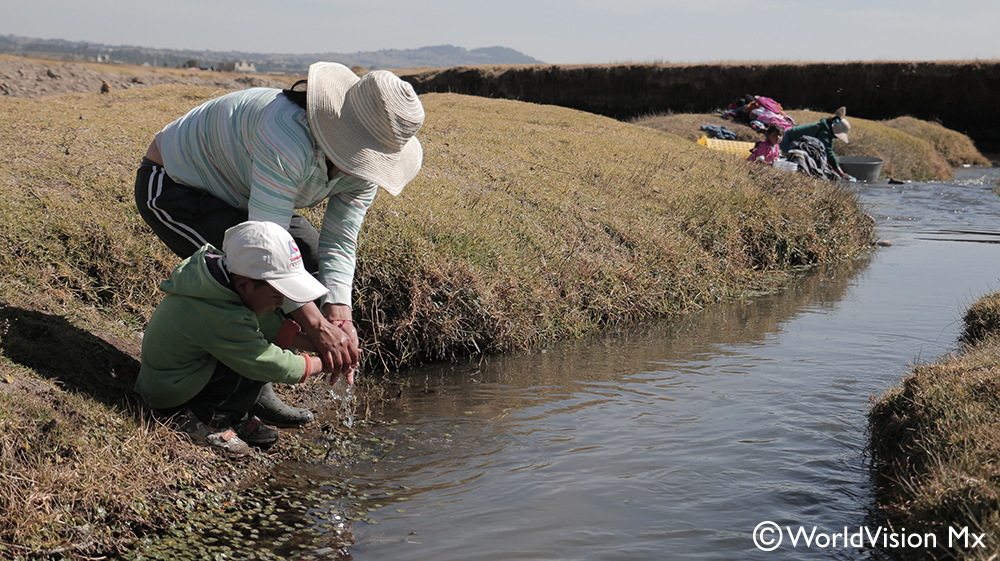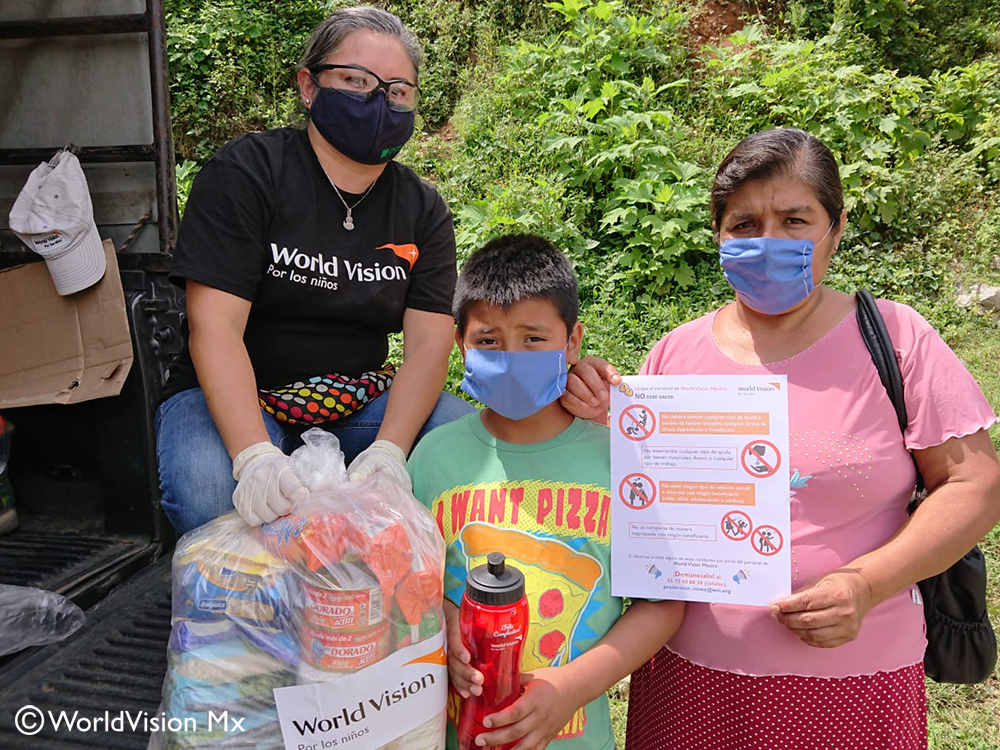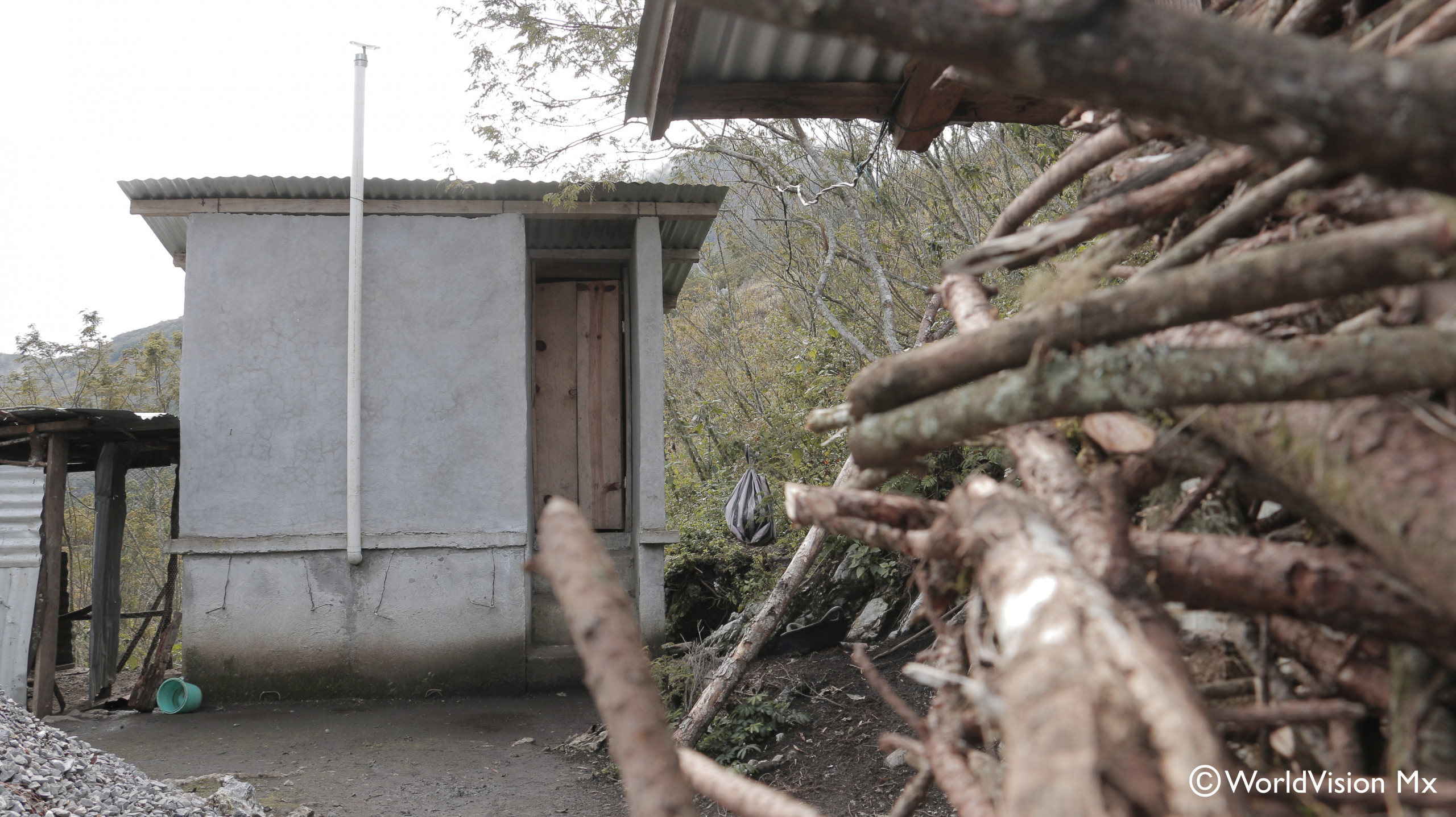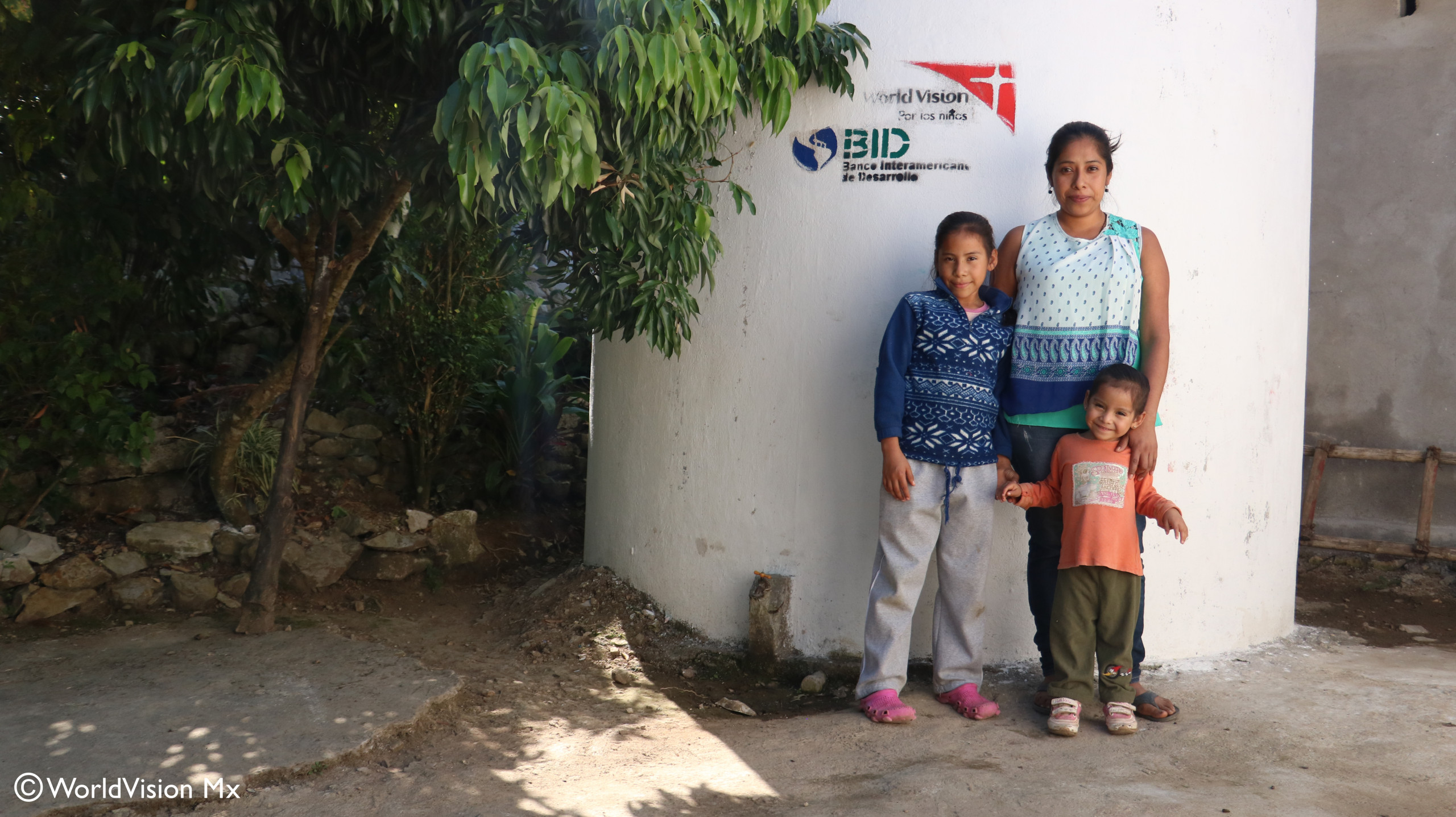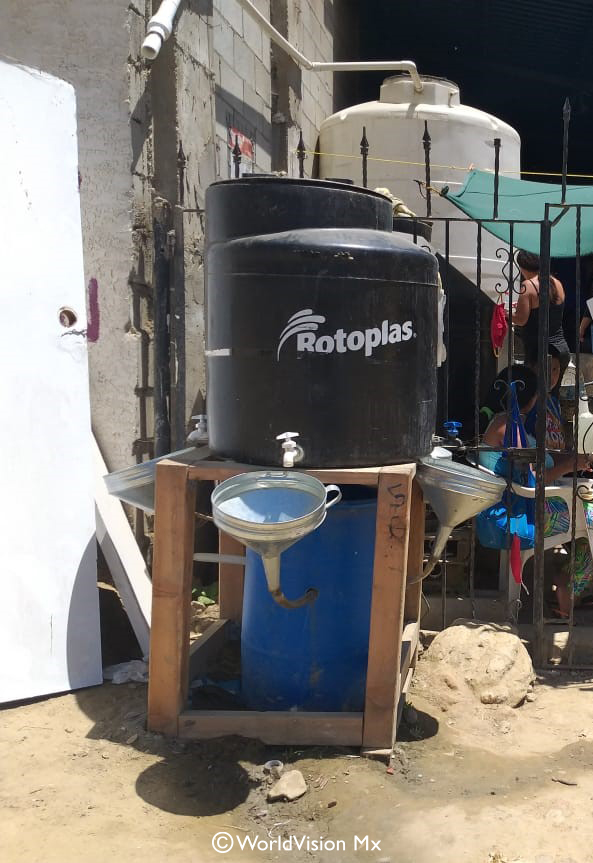Tijuana, Baja California, Mexico
In collaboration with

July 2020 – December 2021
We contribute to providing handwashing stations to the overcrowded shelters hosting migrants from Central America to the United States. The COVID-19 pandemic has contributed to increased hygiene needs.
Objectives
- Contribute to limiting the spread of coronavirus in migrant shelters, increasing access to sinks and hygiene facilities for vulnerable communities and children in emergency situations
- Train in the use, management and maintenance of the facilities.
Beneficiaries
400 direct
152 women, 140 children under the age of 15
130 indirect
50 women, 45 children under 15
Local population that moves to the area and due to its needs uses the facilities and services provided by shelters. Unemployed people that require help to feed themselves. Administrative staff of the shelters.

On the ground
The area has no adequate spaces for basic hygiene and health practices. Migratory flows from Central America to the United States cause shelters and reception centres to overcrowding. Covid-19 has aggravated the situation.
In view of the Covid-19 pandemic, the Mexican government, together with the Secretariat of Health, has implemented immediate care to cases identified after the admission of people with the main symptoms, and contributes with the necessary information for the prevention of this pandemic.
However, prevention measures are not fully applied to the population in situations of high marginalization, such as people living on the street or in a situation of mobility, like migrants, who are not only exposed to Covid-19, but also to other diseases due to the lack of adequate spaces for necessary hygiene and health practices.
Shelters, community kitchens and homes for migrants emerged according to need in very specific places of internment, transit and destination. They are located in cities and towns along the main migratory routes in Mexico.
Migratory flows from Central America towards the United States generally enter Mexico through different points along the southern border of the country and then head to a medium or large city to find transportation to continue their journey to the north. Migrants take three main routes to reach the most important cities along the northern border, such as Tijuana, in Baja California; where they will generally wait until they try to enter the United States.
The level of overcrowding in shelters has drastically increased as a result of the intense wave of caravans that started in October 2018 and have not stopped in the last two years. This is a factor added to the increase in the incidence of Covid-19 in the United States and Mexico. The U.S. government has announced that it will deport all migrants who are currently awaiting the resolution of their asylum claims to Mexico, so the amount of migrants will substantially increase in the already existing shelters.
The availability of adequate infrastructure for sanitation and handwashing is already insufficient. Actions need to be taken urgently to ensure the availability of water and soap, as well as the necessary infrastructure to do so and to intensify efforts to ensure the adoption of hygiene habits with the goal of limiting the incidence of Covid-19 in these centers, thus contributing to the mitigation of the pandemic.
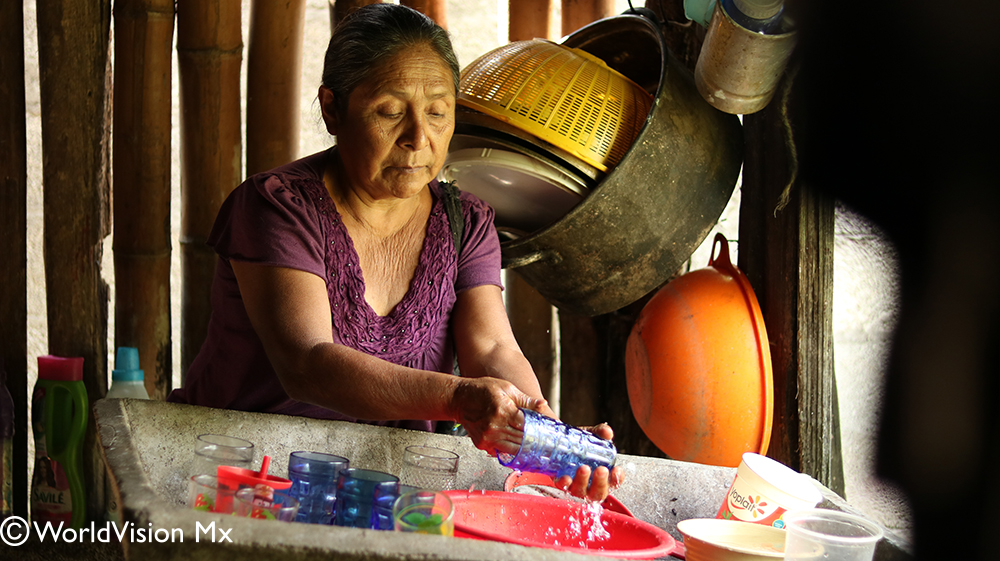
In detail
This project will be developed under an implementation framework made up of the following stages:
Stage 1. Choice of appropriate technologies.
During this period, World Vision Mexico, through its team of specialists, will gather the necessary information that will allow the detection and choice of the appropriate equipment for emergency response: options of handwashing stations and options for the access to water sources for their operation.
Stage 2. Acquisition of equipment.
Once the team of specialists has selected the appropriate technical options for the WASH needs to be met during the contingency, they will be acquired.
Stage 3. Technical training for the use of technology as part of the response equipment.
As the technical options to be chosen imply a basic knowledge for their operation, a theoretical/practical workshop will be carried out to instruct the rapid response team on its use and maintenance.
Stage 4. Contingency response deployment.
With the appropriate technology and a trained team, the contingency response team will be deployed. To do this, global protocols will be followed to determine the need for the deployment, following principles of personal and corporate safety with the aim of ensuring the physical and mental health of their staff.
Sustainability prospects
This is an environmentally friendly project, as the technologies used for the provision and improvement of the sanitation and hygiene services include elements that ensure the minimum environmental impact in their operation and functioning.


